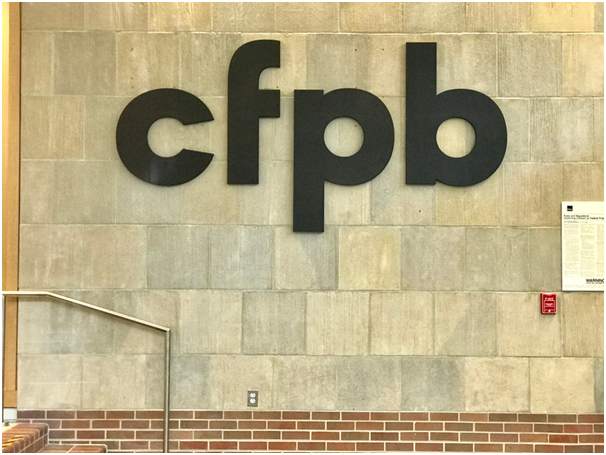
On Monday, the U.S. Supreme Court agreed to hear a case that could determine the constitutionality of the Consumer Financial Protection Bureau’s (CFPB) funding structure. The CFPB, established by Congress following the 2008 financial crisis, enforces consumer financial laws and draws funding each year from Federal Reserve earnings. However, trade groups representing the payday loan industry argue that this funding mechanism violates a constitutional provision giving lawmakers the power of the purse, as the agency is exempt from congressional supervision.
The Community Financial Services Association of America and the Consumer Service Alliance of Texas initially brought the case in 2018. In addition to challenging the CFPB’s funding structure, the lawsuit also targeted a 2017 regulation to curb “unfair” and “abusive” payday lending practices. The regulation barred lenders from attempting to withdraw loan repayments from a borrower’s bank account after two consecutive attempts failed due to insufficient funds unless the consumer consented.
A federal judge initially sided with the agency. Still, the New Orleans-based 5th U.S. Circuit Court of Appeals ruled last October that the CFPB’s funding structure was unlawful, violating the Constitution’s “appropriations clause,” which vests spending authority in Congress. The ruling, issued by a panel of three judges appointed by then-President Donald Trump, also vacated the 2017 regulation.
The Biden administration had asked the Supreme Court to hear the case in its current term, but the justices will not hear it until the next term, which begins in October. The administration has argued that the case threatens the CFPB’s ability to function and could cause market disruption. The CFPB drew around $642 million from the Federal Reserve last fiscal year.
In 2020, the Supreme Court ruled 5-4 that legal restrictions on a president’s ability to fire the CFPB director without cause were an unconstitutional infringement upon presidential authority. However, the justices did not invalidate the agency itself.
The Biden administration has argued that the CFPB’s funding mechanism, which provides a fixed amount of funding to the agency each year, effectively constitutes “a standing, capped lump-sum appropriation” and is constitutional. The administration noted that at least six federal district courts and the U.S. Court of Appeals for the District of Columbia Circuit found the agency’s funding arrangement constitutional, painting the 5th Circuit’s ruling as an outlier.
If the Supreme Court ruled that the CFPB’s funding structure is unconstitutional, it could have significant implications for the agency’s ability to function and enforce consumer financial laws.




